A voice can dramatically improve outcomes for Indigenous Australia, former PM Paul Keating writes
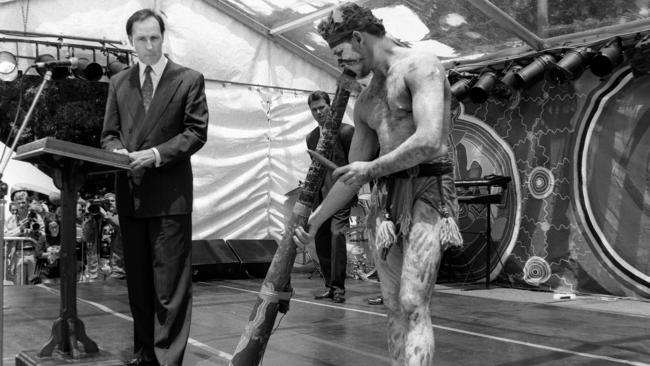
How can such a claim be reasonably asserted?
It can be asserted because we have already had demonstration of a “voice” in respect of deeply complex issues once before, and the overall outcome was sharply enhanced.
The voice, on that occasion, was the concentrated consultation employed over a period of seven months between the commonwealth and Aboriginal and Islander people in respect of Native Title, indeed the only structured consultation by government that Indigenous Australians have been party to since the referendum in 1967.
That consultation began in the cabinet room on 27 April, 1993, and finished on 15 November, 1993, seven months later, on the day before, as prime minister, I introduced the Native Title Bill to the House of Representatives.
The consultation was the very first episode of an Indigenous “voice” speaking directly to the executive government on a matter materially central to Indigenous people; namely, that the High Court had found Indigenous people possessed a private property right to their own soil – but a right immediately threatened with extinguishment by malevolent state governments.
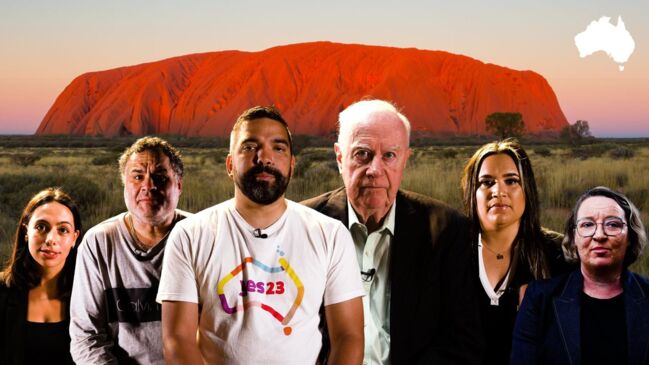
The urgency of the task, given the complexity, was to be met by comprehensive engagement by the commonwealth – the Keating government – with representatives of the national Aboriginal Land Councils under the chair of the then ATSIC.
The challenge was to meet and settle two fundamental objectives: justice for Aboriginal people along with the development of a workable and fair system of land management in Australia.
The High Court decision was silent on the nature of the ancient title it said had survived the act of sovereignty by Britain, but it was also silent as to where that title lay, who could enjoy it, as it was silent as to a method Indigenous people could employ to recover it.
This was left for the executive government to do.
This necessitated me, as prime minister, attending native title cabinet committee meetings for three days and evenings a week for seven months leading up to the passage of the Native Title Bill through both houses. And during those seven months, Indigenous representatives, separately accommodated in Parliament House, would intermittently attend cabinet committee discussions including during and after attendances at the same committee by the mineral and agricultural industries, along with the land management agencies of the states.
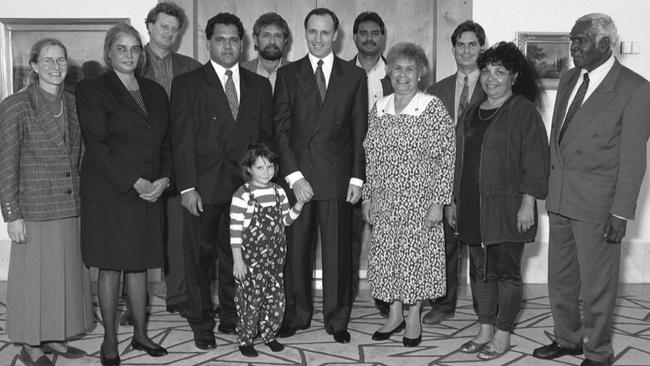
Without an Indigenous “voice” to the executive government, and with that, to the parliament, this historic opportunity would not have produced an optimum outcome of the kind that the Native Title Tribunal in subject titles was able to subsequently award.
While the Department of Prime Minister and Cabinet at the time possessed a first-rate Aboriginal policy unit, its authority and grasp of issues central to Indigenous people would not have comprehended the quality and poignancy of advice and experience that Indigenous people across the country were able to provide.
The long and tortuous seven months of extended consultation through the native title process was the first and so far only example of a “voice” in the full throat of its advisory mandate but as it turned out, a mandate that went a long way to settling perhaps the primary Indigenous grievance; the theft of their estate.
That “voice” also went beyond the matter of land. In the consequence, I set up the inquiry into the Stolen Generations under former High Court judge Ronald Wilson, as my government also did the Indigenous Land Fund with $2bn allocated to buy back pastoral leases, allowing native title to revive.
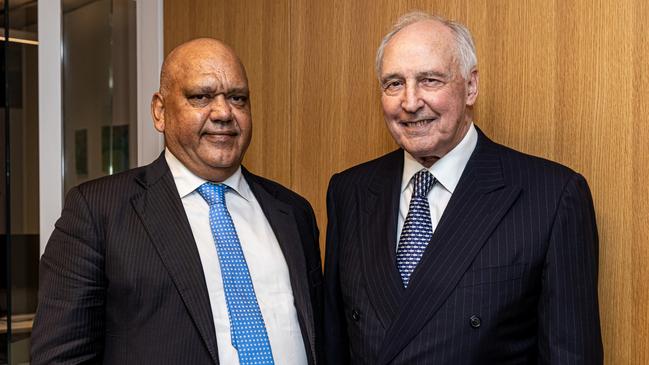
Thirty years on, Indigenous people now enjoy title to approximately 55 per cent of the Australian continent and when all the cases are heard, more likely two- thirds of the national land mass.
The idea of a “voice” has been tried, and it worked big time. For this and a host of other reasons, I will be voting Yes on Saturday.

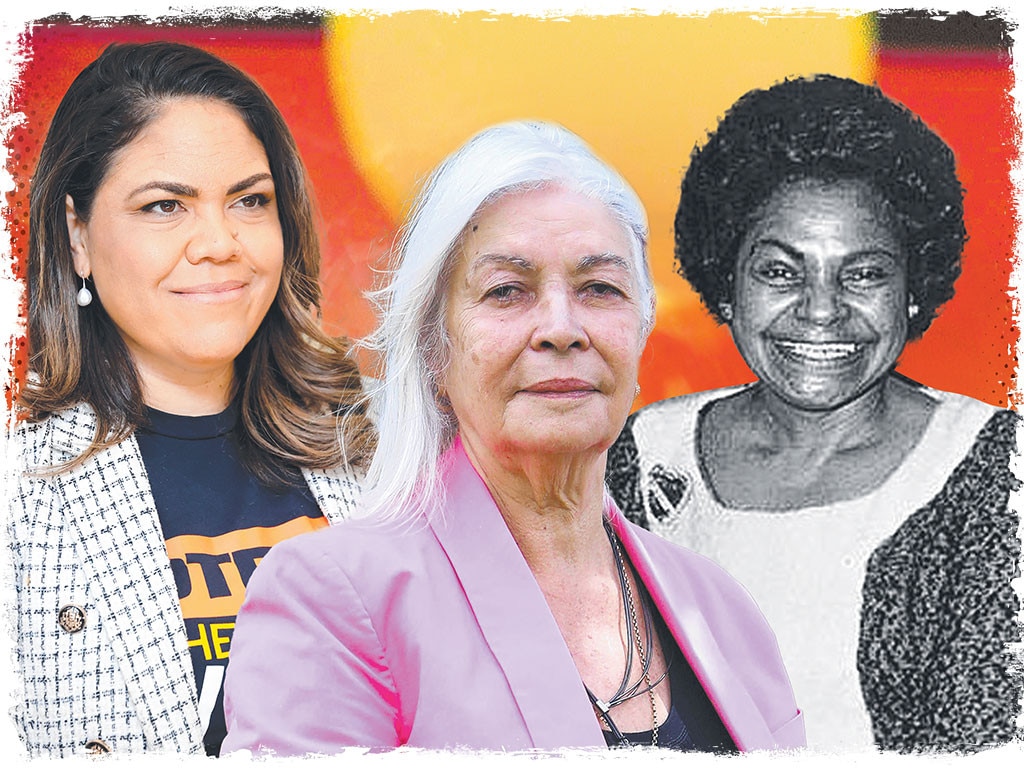
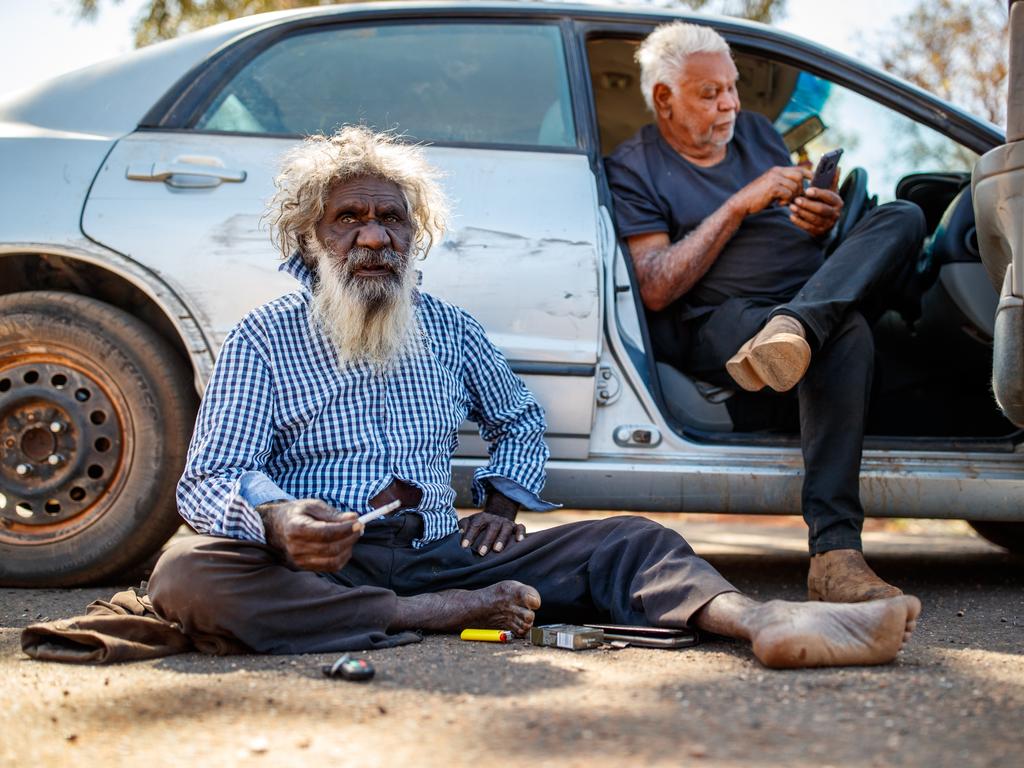
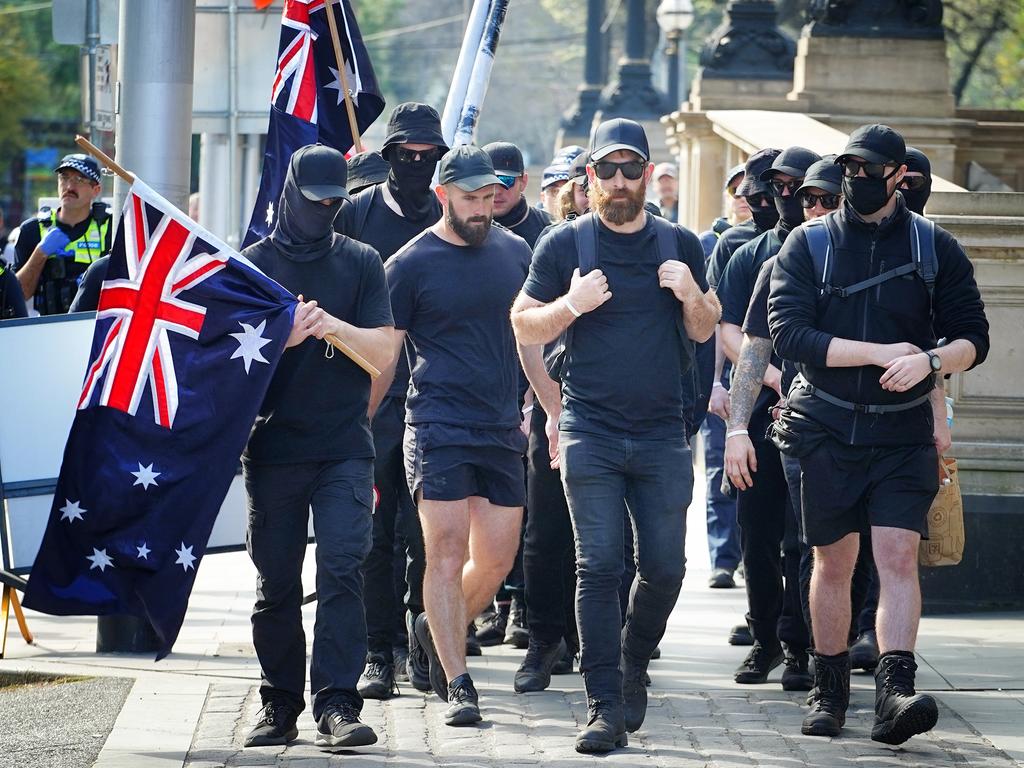
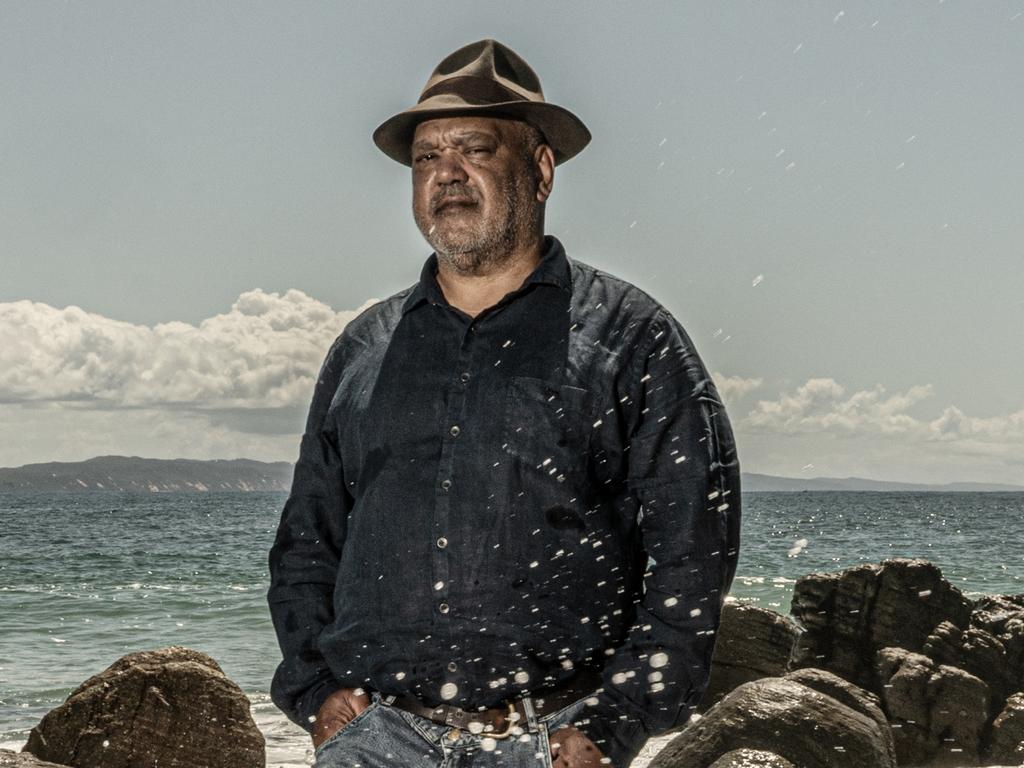
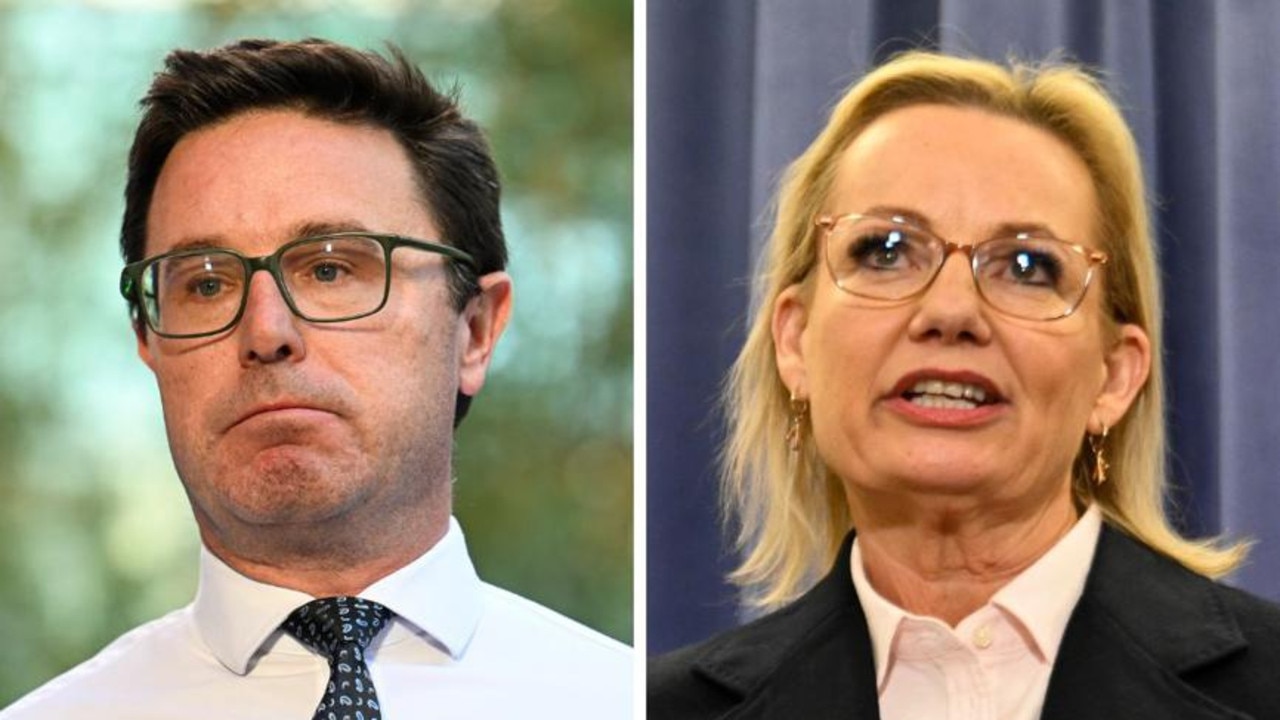
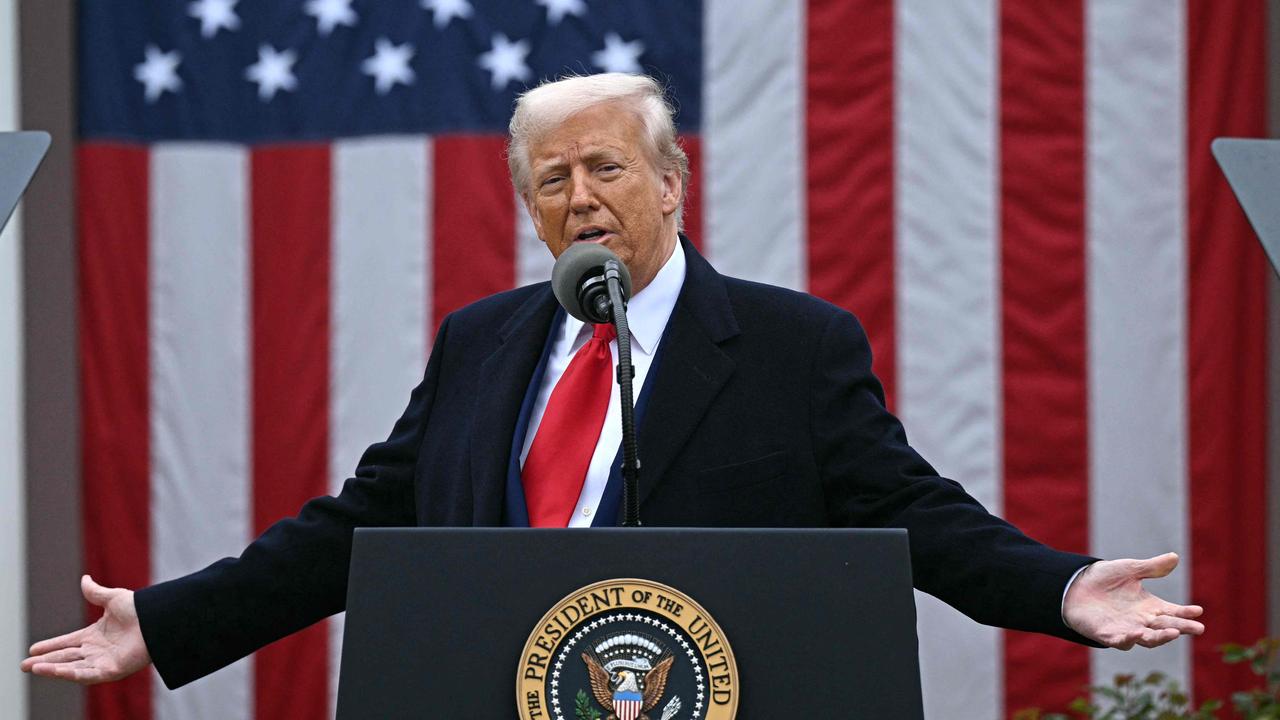
A voice can dramatically improve outcomes.